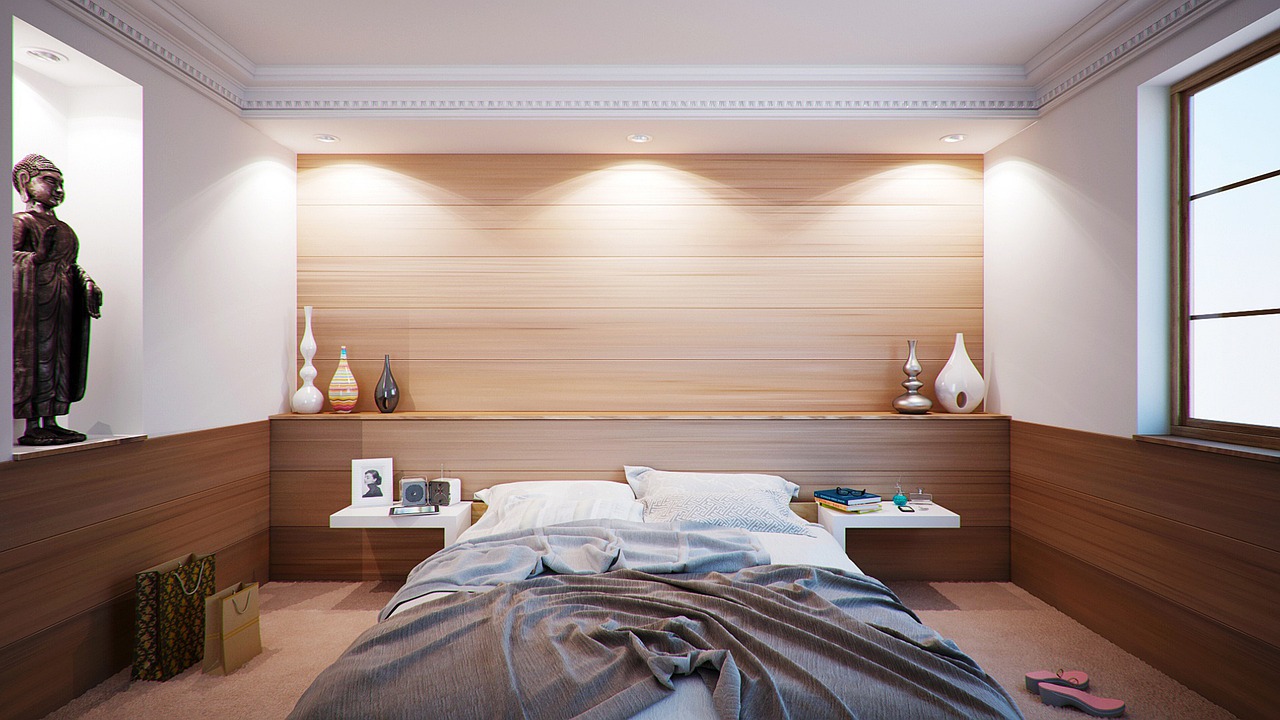Contents
- 1 Introduction
- 2 No phone / social media before bed.
- 3 Warm bath or shower before bed.
- 4 Read a book in bed.
- 5 Exercise during the day
- 6 White noise.
- 7 Avoid screens at night.
- 8 Avoid stimulants too close to bedtime.
- 9 Establish a relaxing routine in the evening.
- 10 Set a regular wake-up time, even on weekends and holidays or vacation times.
- 11 Get plenty of sunlight (or bright light) during the day and avoid it in the evenings when it’s dark outside.
- 12 Don’t just stare at your phone before bed.
- 13 Conclusion
Introduction
If you’re like the rest of us, the last thing on your mind before bed is how to fall asleep fast. But there are some things that can make it easier for you—or at least more likely—to nod off. Let’s take a look:
- Avoiding screens before bed is beneficial.
- Phone use can make it harder to fall asleep.
- Social media use can be problematic because it stimulates the brain, which makes you want to keep moving and interacting with others online (and thus stay awake).
Warm bath or shower before bed.
A warm bath or shower can be a great way to relax before bed. It’s a great way to prepare your body for sleep, since it helps you fall asleep faster and stay asleep longer.
Here are some tips on how to take a warm bath:
- Fill your tub with lukewarm water (not hot) and turn off the lights. Make sure there is enough room in the tub so that when you get into it, you have enough room above water level for yourself. Once everything is ready, get undressed and place anything that might fall into the water on top of whatever else is already there; this includes towels and washcloths if necessary! Be careful not to splash while getting dressed again later during this process because if someone walks in while someone else takes their clothes off…well…you get what I mean 🙂
- Once all items are out of sight but still within reach should something fall into said area (which will happen), sit down comfortably near one end where there’s less chance of falling over backwards accidentally onto floor below decked out cabin cruiser style; maybe even put pillows around side edges so nothing falls off onto floor below decked out cabin cruiser style either 🙂
Read a book in bed.
Reading a book in bed is a great way to fall asleep faster. It’s relaxing and can help you get into the right mindset for sleep, but it also allows your mind to wander away from the worries that keep you awake at night.
Reading before bed is one of the best ways to relax before going to sleep, so if you have trouble falling asleep or sleeping through the night, try reading instead! A good book will take your mind off all things stressful and help it wind down so that when it comes time for sleep, nothing can stop you from getting there!
Exercise during the day
Exercise during the day. Exercise is a natural relaxant, and it can help you fall asleep faster. But don’t exercise too close to bedtime—and if you do feel like exercising right before going to sleep, make sure that you’re fully rested. Even short bouts of physical activity (like taking a walk) can lead to better sleep quality and less tossing and turning later on in the night!
Exercise also reduces stress hormones like cortisol, which plays an important role in our ability to fall asleep at night. If you’re feeling anxious or stressed out about something at work or school all week long, consider taking time for some relaxing movement just before bedtime—this might even be enough by itself!
White noise.
White noise is a sound that blocks out other noises. The exact type of white noise you will want to buy depends on your situation, but there are many options available.
You can purchase an acoustic fan or radio that has been configured to create the proper background for sleep-inducing sounds. Or you can use a simple speaker with white noise capability built into it (like this one). If you’re looking for something more portable, however, then I suggest getting an app like Sleep Sounds or Boomwhackers Sound Machine instead!
Avoid screens at night.
To fall asleep fast, avoid screens at night. Screens are the number one cause of insomnia and can keep you awake for hours by stimulating your brain cells with light, which is why they’re also linked to migraines and headaches. If you must use a screen before bedtime—for example, if you have trouble falling asleep because of an intense work deadline tomorrow—make sure it’s not in your bedroom (or wherever else you plan on sleeping).
The same goes for watching TV in bed: turn everything off before going under covers so that no light travels through those drapes onto the surface beneath them. You should also avoid using computers after dark because this will cause eye strain; tablets aren’t recommended either due to their bright backlights which could keep us awake even longer than normal computer screens would do! Finally, don’t bother pulling out my phone right now; I’m already halfway through writing this article!
Avoid stimulants too close to bedtime.
Avoid stimulants too close to bedtime. Caffeine and nicotine are both stimulants that can keep you awake, so it’s best to avoid them as much as possible before going to sleep. If you’re having trouble falling asleep, try drinking herbal teas or decaf coffee instead of caffeine-laden drinks such as lattes or espressos (which contain more than 200 milligrams).
Establish a relaxing routine in the evening.
Establish a relaxing routine in the evening. Studies have shown that people who are stressed out tend to fall asleep less easily, which is why it’s important to establish a relaxing evening routine. Try meditating or doing yoga before bedtime, for example. Avoid engaging in stressful activities like work or arguing with your partner when you’re trying to fall asleep because this can make it harder for you to relax and get comfortable enough for sleep!
Set an alarm on your phone or watch so that if there’s no other way around having an actual alarm clock (like if they’re banned), then at least we’ll know when it’s time for bed!
Set a regular wake-up time, even on weekends and holidays or vacation times.
Setting a regular wake-up time, even on weekends and holidays or vacation times, will help you fall asleep faster.
It’s important that you establish a pattern for waking up in the morning. A good way to do this is by setting an alarm clock or using your phone’s alarm feature so that it sounds before you have even finished waking up. You should be able to go right back into sleep without having trouble staying awake through anything but loud noises! If possible, try reading while still half-asleep; this will help keep your mind active while also making sure that no matter what happens during the day (like needing bathroom breaks) there won’t be any interruptions from other people coming in/out of their rooms nearby when trying unsuccessfully not to fall asleep again due to lack thereof being mentally prepared beforehand.”
Get plenty of sunlight (or bright light) during the day and avoid it in the evenings when it’s dark outside.
If you can’t get outside when it’s sunny, try to keep your bedroom windows open as much as possible during the day. This helps with circadian rhythms, which are responsible for regulating sleep and wakefulness.
In addition to sunlight exposure, bright light in the morning can help wake up sleepy people who want to get moving on their days off from work or school. In fact, studies have shown that exposing yourself to bright light before going into a dark room can make it easier to fall asleep later on at night (and vice versa).
Don’t just stare at your phone before bed.
Avoiding social media and phone use before bed is one of the best ways to fall asleep fast. It’s also good to keep your phone in another room, so that you can’t see it when you go to bed. If you want some light on your nightstand, use an app like [Colourful] as a clock or alarm clock instead of staring at your phone every night before going to sleep.
Avoid using any device as a flashlight or mirror (to check if someone has texted), because these things will keep your mind active and prevent deep relaxation from taking place in preparation for sleep. Finally, don’t use any electronic devices (like an MP3 player) as bookends—they’re just too distracting!
Conclusion
It’s important to remember that being able to fall asleep is an active process. You can’t just “fall asleep” when your head hits the pillow. Sleep scientists have identified that it takes around 20 minutes of deep breathing and relaxation before you can relax enough to fall asleep. This means that falling asleep at night is not a passive thing; it takes work! But with these tips, it should be easier than ever before knowing how long it takes for each person who tries them out over time

